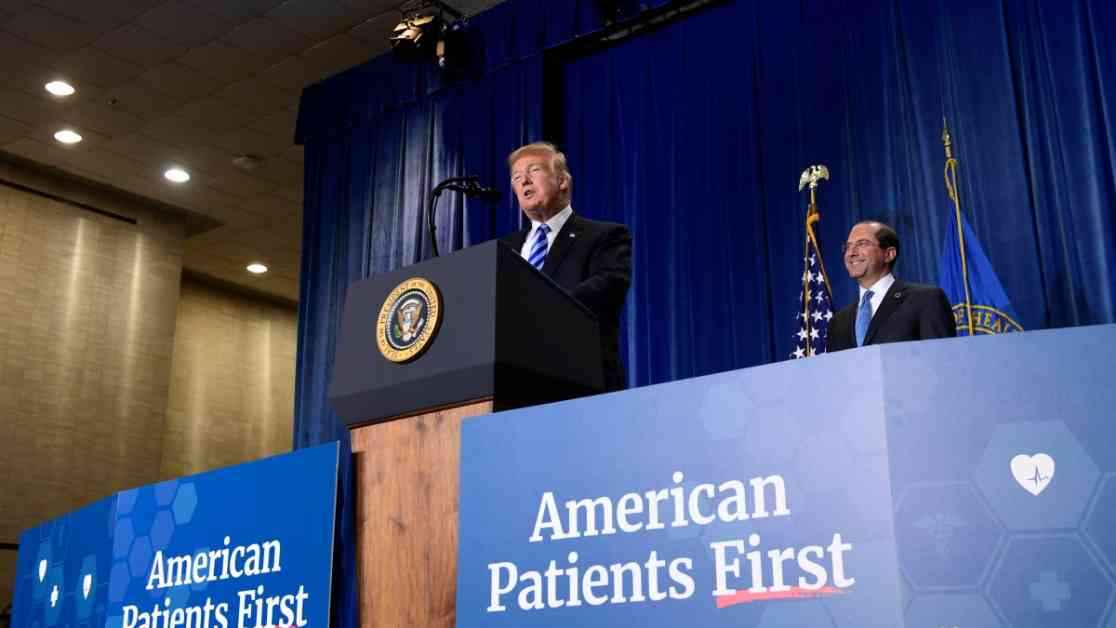Trump Administration’s Communication Freeze Disrupts Scientific Meetings
In a surprising turn of events, the Trump administration’s freeze on communications from U.S. health agencies has resulted in the sudden cancellation of scientific meetings, causing widespread concern and uncertainty among researchers and health officials. The move, which encompasses various health conditions ranging from antibiotic-resistant germs to cancer research, has left many in the scientific community reeling from the unexpected impact on crucial collaborations and advancements in medical research.
Implications on Medical Research Funding and Job Opportunities
The National Institutes of Health (NIH), as the nation’s largest funder of medical research, plays a vital role in supporting drug discoveries and creating job opportunities in universities and research laboratories. The prolonged delay in communication and decision-making due to the administration’s freeze could have far-reaching ramifications on the progression of essential research projects and the livelihoods of those working in the medical field.
Concerns Over Information Accessibility and Public Safety
The lack of clarity surrounding the new policy has raised concerns about the accessibility of critical health information and its potential impact on public safety. With federal agencies like the Centers for Disease Control and Prevention (CDC) and the Food and Drug Administration (FDA) being subject to the communication pause, there is a growing unease about the timely dissemination of crucial updates and warnings related to disease outbreaks and food safety issues.
Expert Insights on Administrative Transitions and Public Health
Experts in the field of public health and government transitions have weighed in on the situation, highlighting the importance of maintaining transparent and effective communication channels during periods of administrative change. Dr. Ali Khan, a former CDC outbreak investigator, emphasized the need for coordination and cautioned against reverting to past practices of stifling agency voices for political reasons.
Advocacy for Timely Information and Emergency Response
Consumer advocacy groups and public health experts have expressed their concerns about the potential consequences of the communication freeze on public health emergency responses and disease control efforts. Dr. Peter Lurie, president of the Center for Science in the Public Interest, stressed the critical role of agencies like the CDC and FDA in providing essential information to prevent outbreaks and ensure public safety, underscoring the urgency of maintaining open lines of communication during times of crisis.
Overall, the unforeseen disruptions caused by the administration’s communication freeze have sparked a wave of apprehension and calls for clarity and transparency in navigating the challenges faced by the scientific and public health communities. As stakeholders grapple with the implications of this unprecedented situation, the need for effective communication and collaboration remains paramount in safeguarding the well-being of the nation and advancing critical research efforts.












